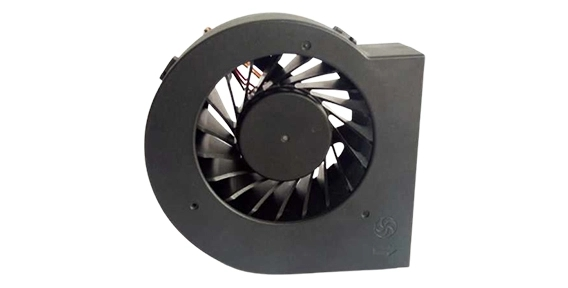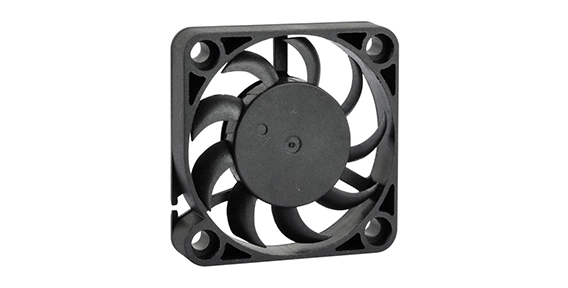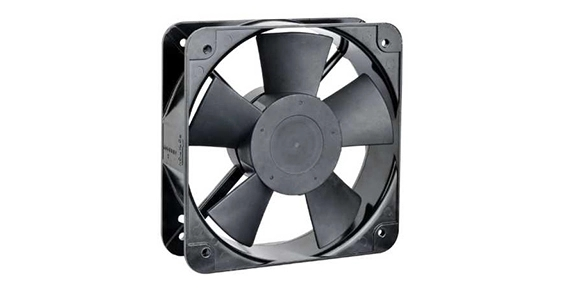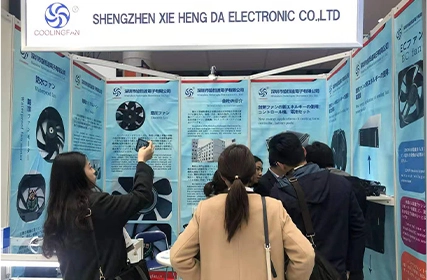Laptop CPU fans play a crucial role in maintaining the optimal temperature of a laptop, thus ensuring its smooth operation. However, the price of these essential components can vary significantly. In this article, we will delve into the key factors that influence laptop CPU fan prices, including build quality and materials, supply chain dynamics, size and form factors, as well as different noise levels.
The Impact of Build Quality and Materials Factors on Laptop CPU Fan Price
There are many axial flow fan applications. The build quality and materials used in manufacturing laptop CPU fans is one of the factors greatly affect their prices. Higher-quality materials such as aluminum or copper, which offer better thermal conductivity and durability, often result in pricier fans. Additionally, fans that undergo rigorous testing and adhere to high-quality manufacturing standards tend to cost more due to the additional efforts invested in their production. Conversely, cheaper fans may compromise on quality and materials, leading to potential performance issues and shorter lifespans.

The Impact of Supply Chain on Laptop CPU Fan Price
The supply chain also plays a significant role in determining the price of laptop CPU fans. Factors such as demand, availability, and manufacturing costs greatly influence the final price tag. Fans produced by renowned brands with a robust supply chain often benefit from economies of scale, resulting in relatively lower prices. On the other hand, niche or lesser-known brands may face higher production costs and limited availability, often leading to higher prices.
Size and Form Factors Contribute to Laptop CPU Fan Price
The size and form factor of a laptop CPU fan can impact its price. Compact, low-profile fans that are space-efficient and easier to integrate into smaller laptops tend to be more expensive due to their specialized designs and manufacturing requirements. On the contrary, larger fans that fit into traditional laptops may be more cost-effective due to economies of scale and standardized production processes.
Different Noise Levels Influence Laptop CPU Fan Price
Noise levels are another essential factor affecting laptop CPU fan price. Fans with advanced noise reduction technologies, innovative blade designs, and superior motor systems that provide quieter operations often come at a higher price point. These specialized features require additional engineering efforts and material investments, increasing the overall manufacturing cost. On the other hand, budget-friendly fans may generate higher noise levels due to fewer noise dampening features.
Several factors contribute to the price variations of laptop CPU fans. The build quality and materials used in manufacturing impact price, as higher-quality components often command higher costs. The supply chain dynamics also influence prices, with renowned brands benefiting from economies of scale. Size and form factors play a role, with specialized designs often costing more. Additionally, fans with noise reduction technologies have higher price points compared to budget alternatives. By understanding these factors, consumers can make informed choices when it comes to purchasing laptop CPU fans that balance performance, longevity, and price.
Overall, laptop CPU fan prices are influenced by various factors, and buyers should carefully evaluate their requirements and budget to find the best fan that meets their needs.


 EN
EN 

 +
+
 +
+
 +
+



